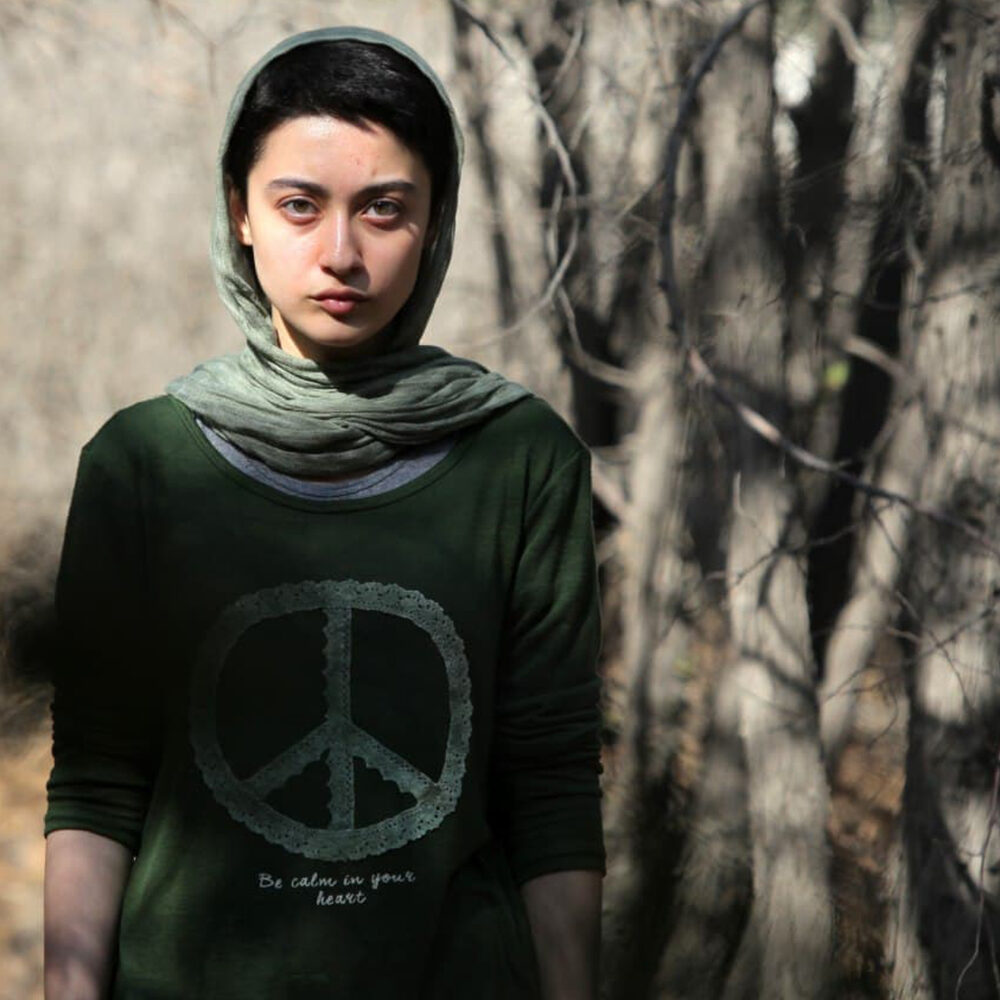NEWS

68th Berlin International Film Festival: Dressage Review Written by Sanja Struna
The growing divide within social classes is a global problem, and the contemporary Iranian society is no exception. With his feature debut Dressage, director Pooya Badkoobeh brings attention to this divide from a fresh angle – through the eyes of a stubborn teen girl whose story serves to shed a light not only on the class, but also the generational divide. The world premiere of Dressage at the 68th Berlinale received even more attention after it got the special mention in the ‘Generations 14plus’ section.
The story takes place in Mehr Shahr, the suburbs of Karaj. Golsa (Negar Moghaddam) is a pretty, head-strong and rebellious teen from a middle class family. While she lives in an apartment building with her parents (Ali Mosaffa, Shabnam Moghaddami), she hangs out with a group of friends from wealthier families that reside in the upscale villas of a wealthy nearby neighborhood. One night, on a whim, they rob a small kiosk, injuring an Afgani employee (Lotfollah Seifi) in the process, but they soon realize that they forgot to take the video from the security camera. Even though the responsibility wasn’t primarily hers, the group decides to throw Golsa to the metaphorical dogs – she is to go back and steal it.
Even though reluctant at first, she goes for the video, but instead of giving it to the other members of her group, she decides to hide it in the only place she deems safe: a nearby stable. The stable seems to be the only place where Golsa’s face is adorned with a carefree smile; she feels a special affinity with the stable’s jewel – their dressage horse, whose freedom seems to be as limited as Golsa perceives her own to be. But trouble starts only here; her friends try to threaten her to get the video, and soon, the adults get involved, and Golsa, who has been quietly trying to deal with what she and her group did, is faced with pressure, guilt and hypocrisy of those who should have offered guidance and support, their actions reflecting the lacking morals of the society itself.
Dressage is a daring, provocative feature even if we do not account for the fact that it is a feature debut for director Pooya Badkoobeh; the performances of the cast are delivered well, and Negar Moghaddam especially shines as the sulky, stubborn Golsa. Her character is more on the antihero side, and she is not presented as someone the audience would feel for from the get-go, especially since most of the time, she hides all of her feelings behind a sullen façade; but slowly, her intentions, even if not clear to her character herself, start to crystallize, making the audience root for her as she rebels against the ways of the world.
Even with the pace very even, and with the oppressive energies looming above the occasional surges of action, the film manages to stay interesting and compelling. It seems clear that the ending can only go in a handful of different directions, and yet there is an element of surprise when we learn what Golsa sees as justice being served. Together with a realistic, yet colorful cinematography (the work of Ashkan Ashkani), Dressage is most definitely worth a watch and should find its place also outside of the festival circuit as a truly decent youth drama.
Rating.
